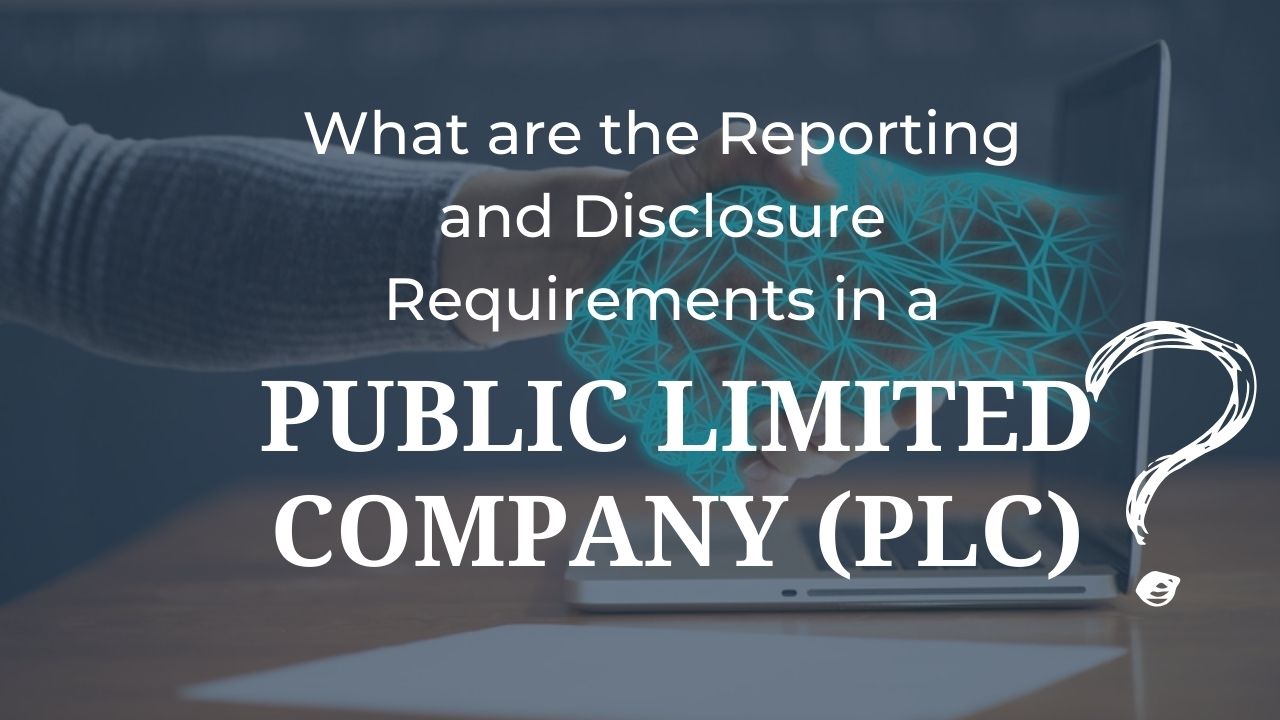
Reporting and Disclosure Requirements for Public Limited Companies (PLCs)
1. Financial Statements: PLCs must produce and release audited financial statements, offering a comprehensive overview of the company's financial performance and status.
2. Annual Reports: PLCs are obligated to provide annual reports to shareholders and regulatory bodies, which encompass a summary of financial performance, management discussions, analysis, and details about corporate governance practices.
3. Quarterly Reports: PLCs are also required to file quarterly reports, providing unaudited financial information and updates on the company's operations, risks, and material events.
4. Annual General Meetings (AGMs): PLCs host AGMs for shareholders to discuss performance, elect directors, and vote on key matters, fostering engagement with management.
5. Material Event Disclosures: PLCs must promptly disclose material events, such as major contracts, acquisitions, mergers, and changes in leadership, to ensure shareholders and the public are informed.
6. Proxy Statements: Prior to AGMs, PLCs distribute proxy statements to shareholders, containing details about the meeting's agenda, director nominations, executive compensation, and shareholder proposals.
7. Insider Trading Disclosures: Company insiders, including directors and officers, are required to disclose their holdings and transactions of company shares to prevent insider trading and ensure transparency.
8. Related Party Transactions: PLCs often disclose related party transactions, especially those involving directors or major shareholders, to prevent conflicts of interest and ensure fairness.
9. Annual Compliance Filings: Public companies must file annual compliance reports with regulatory authorities, detailing their financial performance, governance practices, and compliance with securities laws.
10. Sustainability and Environmental Reports: Some jurisdictions may require PLCs to disclose information related to sustainability, environmental impact, and corporate social responsibility (CSR) efforts.
11. Corporate Governance Disclosures: PLCs are often required to disclose information about their corporate governance practices, including the composition of the board of directors and executive compensation.
12. Regulatory Compliance: PLCs must comply with securities regulations specific to their jurisdiction, enforced by regulatory bodies such as the SEC, FCA, or SEBI.
© 2020 CREDENCE CORPORATE SOLUTIONS PVT. LTD. | Website by Wits Digtal Pvt. Ltd.
Leave a Comment